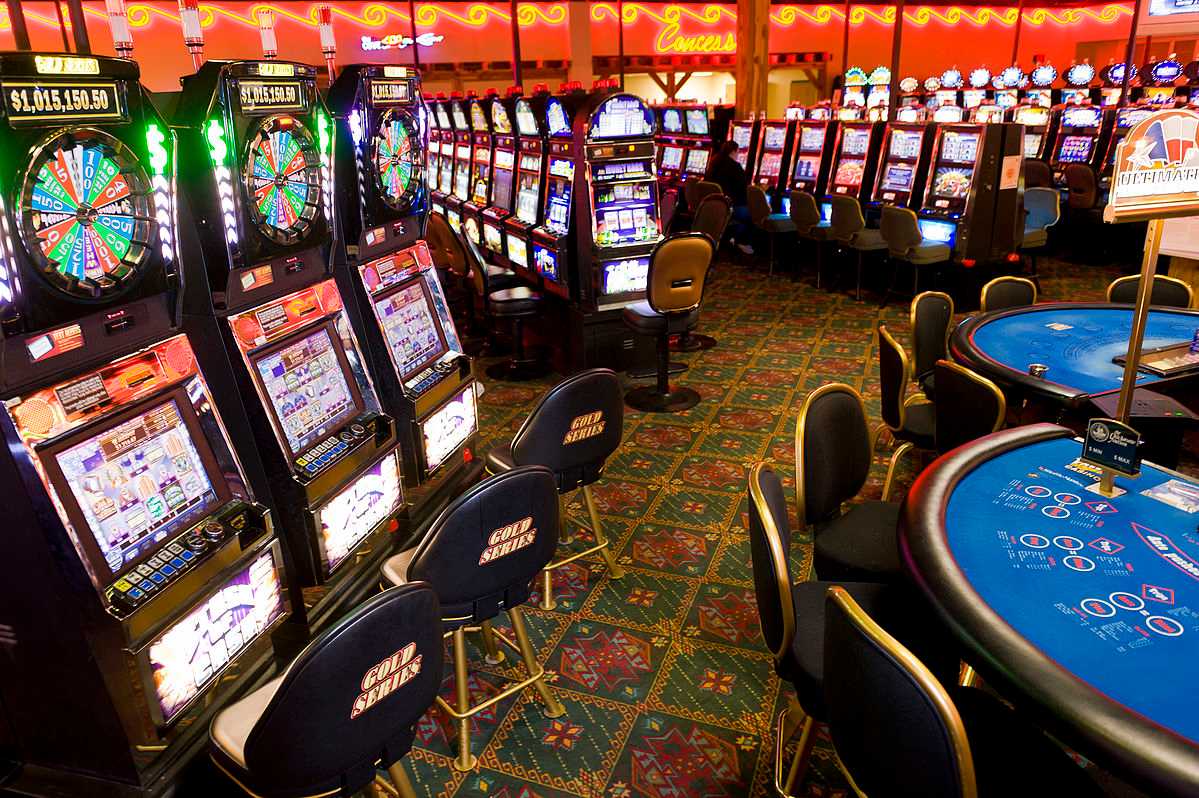
Casino experiences have captivated players for centuries, transforming from basic recreational activities to complex experiences that integrate luck, skill, and entertainment. From the historical origins of gambling in societies including Mesopotamia and Rome to the dazzling corridors of contemporary casinos, the history of these games reveals much about the human experience and our relationship with chance. As cultures have merged and technological advancements have occurred, casino games have evolved, illustrating shifts in society and innovations in gameplay.
The initial iterations of gambling likely featured basic games involving dice and wagering on the results of sporting events. Over time, these early games grew into more complex games like playing card games, the roulette wheel, and the myriad slot games that line the premises of casinos today. Each period brought its own set of rules, aesthetics, and sociocultural significance. Today, casino games maintain their evolution with the rise of online platforms, enabling players from all corners of the globe to engage in a common experience, further blending the traditional with the age of technology.
Initial Origins of Casino Activities
Casino activities have roots that reach back to ancient civilizations, where wagering was strongly integrated in social practices and social rituals. betting sites no GamStop The earliest known forms of gambling appeared in ancient Mesopotamia around 3000 BC, featuring simple die games made from knuckle bones. These initial activities laid the foundation for more complex betting games, demonstrating humans’ natural desire to find fortune and amusement through chance.
As civilizations developed, so did their gambling interests. In historic Chinese culture, around 2300 BC, objects were unearthed that resembled primitive basic forms of a lottery game. More structured forms of betting developed in the ancient Roman Empire, where games of luck were a popular recreation, often occurring in community events. The ancient Romans developed different betting activities, which composed dice and table games, illustrating the pervasive nature of gambling across various economic strata.
With the passage of years, these primitive games influenced the development of contemporary gambling activities. In the Middle Ages, playing card games emerged prevalent in Europe, paving the way for the professional gambling venues we know today. The transition from casual betting to formal gambling in taverns and private homes marked a major shift in how people interacted with activities of chance, leading to the subsequent establishment of gaming houses as specialized places for betting.
The Emergence of Modern Casino Gaming
The final 1960s and 1970s marked a pivotal shift in the field of casino games, driven by tech innovations and transformations in societal views towards gambling. The introduction of computers and the internet revolutionized the way players engaged with their beloved casino games. Online casinos emerged, enabling players to enjoy classic casino classics like poker and 21 from the comfort of their homes. This emerging online environment not only expanded availability to gambling options but also drew in a younger crowd who found the ease and diversity attractive.
As digital gaming gained traction, so did developments in gaming technology. The advancement of high-quality programs and graphics changed conventional gambling games into engaging adventures. Gamblers could now connect with live live dealers through live feeds, importing the atmosphere of brick-and-mortar casinos directly into their homes. This fusion of in-person play with online platforms created a novel combination that enhanced the social aspect of gambling, making it possible for individuals to connect and challenge with fellow gamers around the world.
Furthermore, the rise of gaming on mobile devices substantially changed the gambling environment. With the widespread use of smartphones and tablets, players can access their favorite casino games at any location, at any time. Mobile apps offer a vast array of games optimized for touchscreens, catering to the dynamic daily life of modern users. This accessibility has resulted in increased participation in casino games, fostering the rapid expansion of the gambling sector. As a result, the prospects of gambling continues to develop, adapting to new technologies and changing player expectations.
The Impact of Technology on Casino Games
Technology’s advancement has significantly transformed casino games, improving the overall gaming experience for gamblers globally. With the introduction of the internet, online casinos were created, allowing players to enjoy their favorite games from the safety of their own homes. This shift not only made casino games more available but also increased the variety of games available, as online platforms could host numerous variations of traditional games without the limitations of brick-and-mortar establishments.
The rise of mobile technology further transformed the casino gaming landscape. With the proliferation, players can to engage in casino games anytime and anywhere. This mobility has led to the creation of dedicated mobile applications and optimized websites that provide seamless gaming experiences. Additionally, innovations such as live dealer games have brought the authentic atmosphere of a casino into players’ living rooms, connecting between physical and online gaming.
Moreover, advancements in artificial intelligence and virtual reality are paving the way for the next generation of casino games. AI improves game design and player interaction, creating tailored experiences based on user behavior and preferences. Meanwhile, virtual reality offers immersive environments where players can interact in a simulated casino setting, making the gaming experience more engaging and lifelike. As technology continues to evolve, the future of casino games seems bright, filled with endless possibilities for innovation and entertainment.

